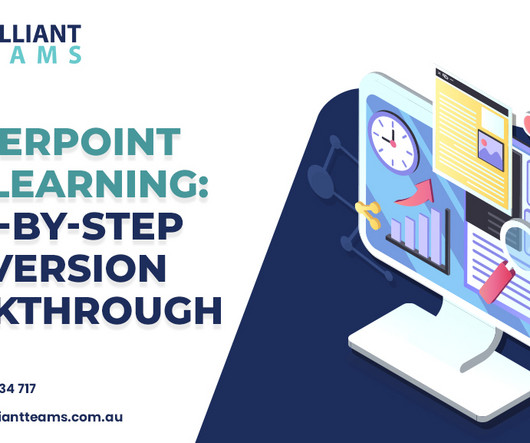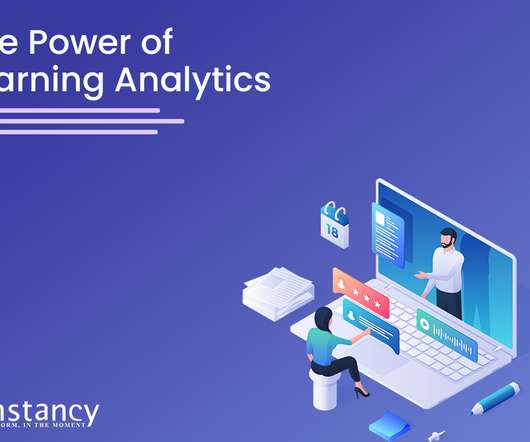The Power of Compatibility: Unveiling the Benefits of SCORM and AICC Compliance in eLearning
Brilliant Teams
AUGUST 31, 2023
With the widespread adoption of online learning platforms, the need for seamless interoperability and compatibility between different systems and technologies has become more critical than ever. As a result, instructors and administrators gain valuable insights into learner progress, engagement patterns, and areas that require improvement.


















Let's personalize your content